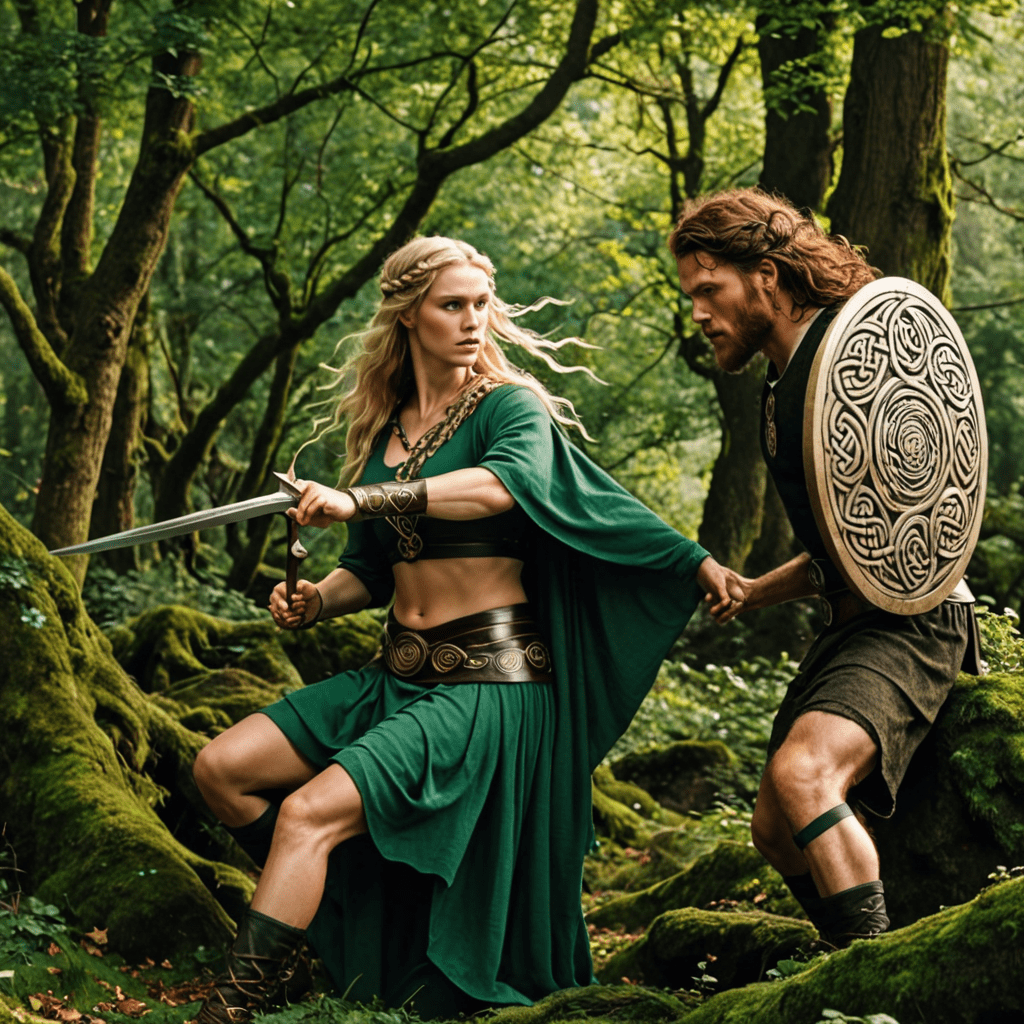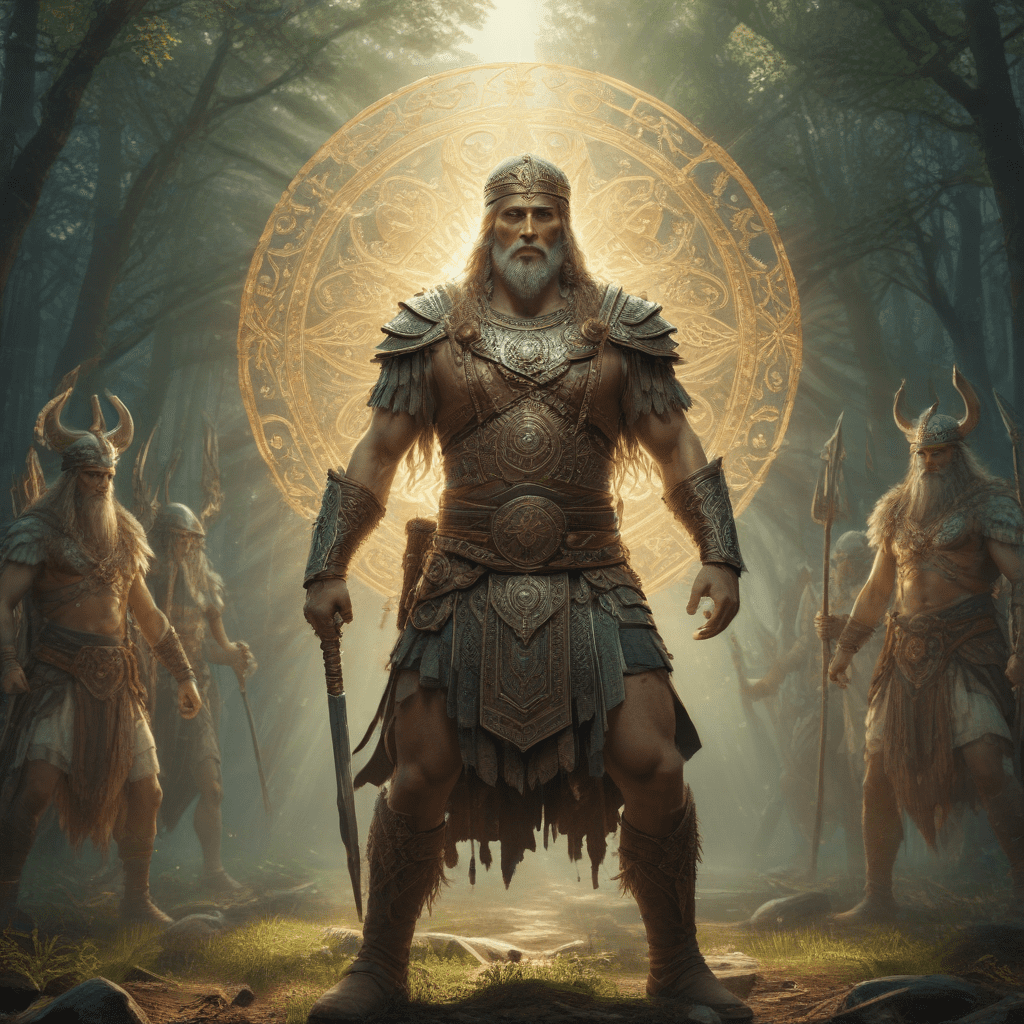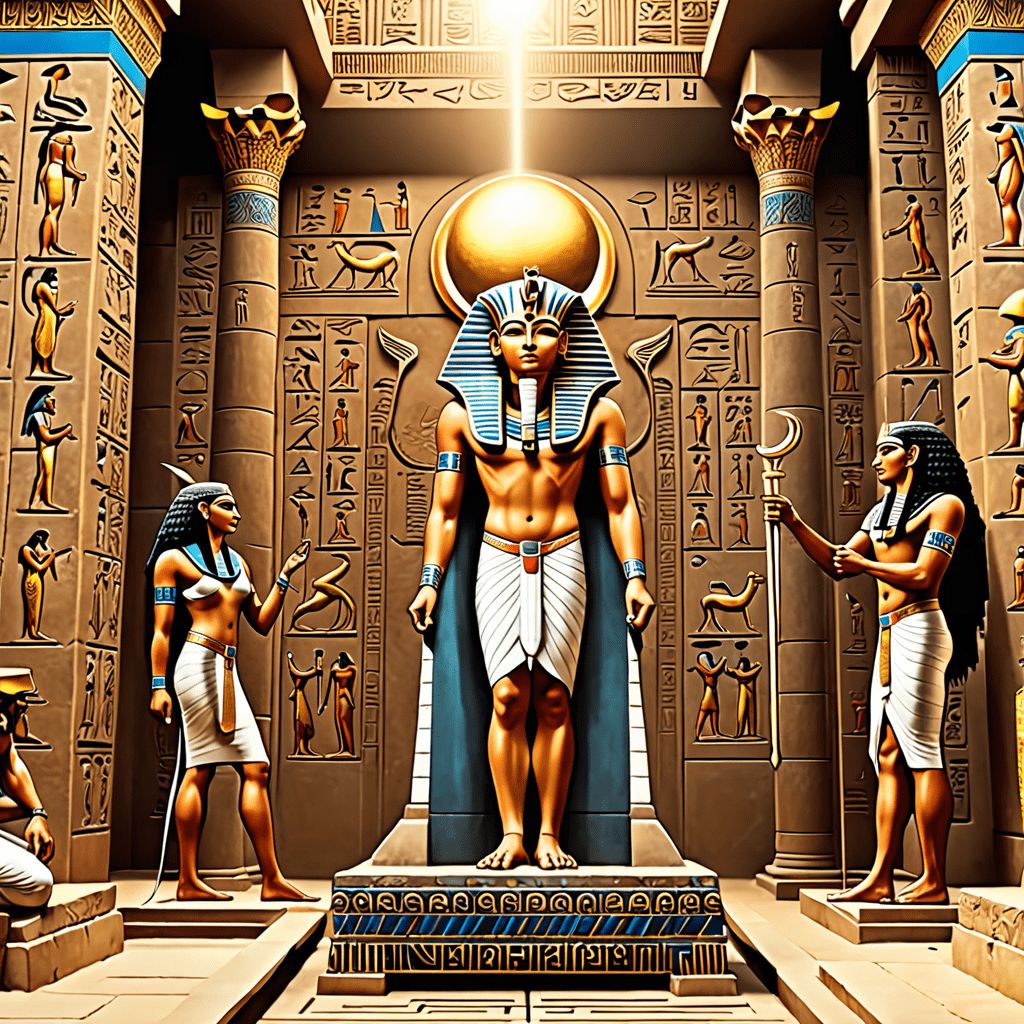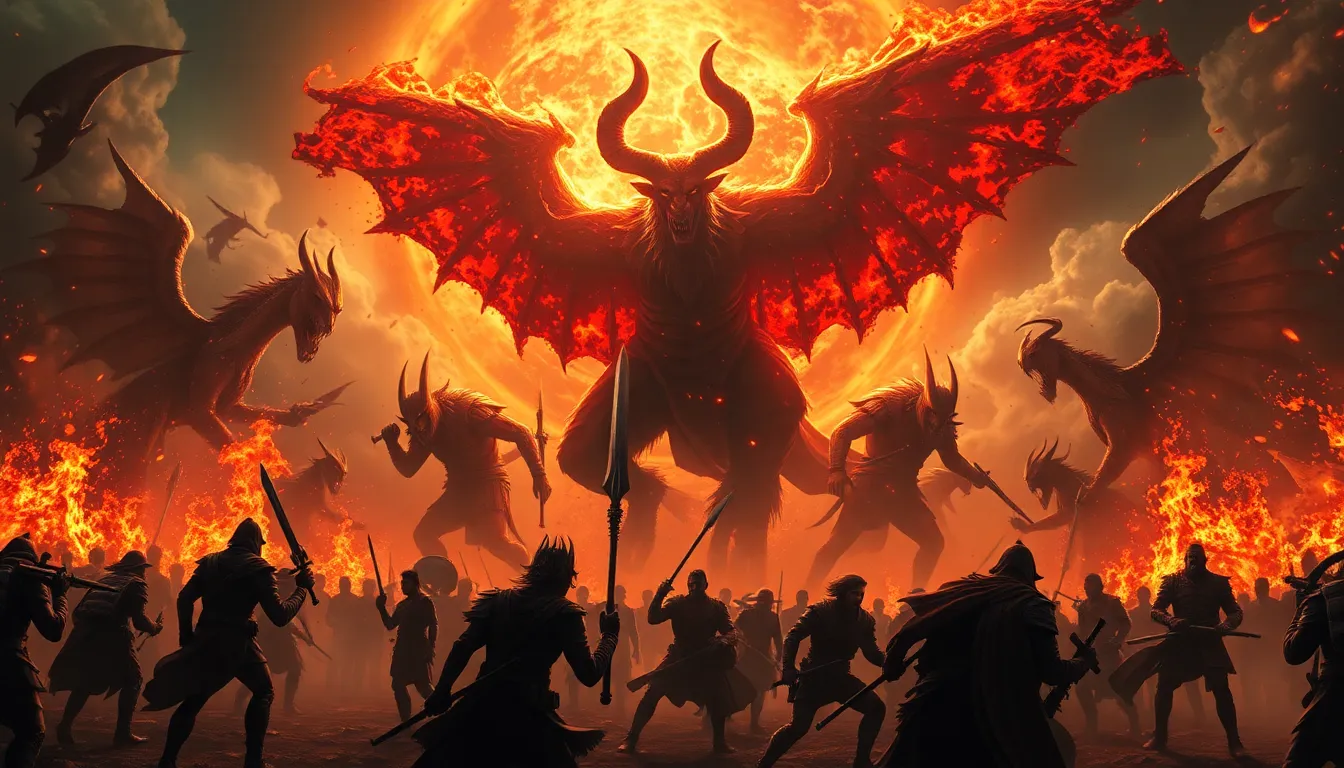The Fascinating World of Celtic Mythology in Folklore and Folk Traditions
Welcome to a journey deep into the enchanting realm of Celtic mythology – a rich tapestry interwoven with ancient tales, mystical creatures, and profound beliefs. Delve into the essence of Celtic folklore and traditions that have captivated hearts and minds for generations.
What is Celtic Mythology?
Celtic mythology refers to the myths, legends, and spiritual beliefs of the Celtic people, who inhabited parts of Europe over 2,000 years ago. These stories were often passed down orally through generations, encompassing deities, heroes, supernatural beings, and the natural world. The intricate tales of Celtic mythology play a significant role in understanding the culture, traditions, and values of the Celtic communities.
Key Figures and Deities in Celtic Mythology
Within Celtic mythology, there are prominent figures and deities that hold great importance. From the goddess Brigid, associated with healing, poetry, and craftsmanship, to Cernunnos, the god of the forest and animals, each deity embodies various aspects of life, nature, and spirituality. Other notable figures include Lugh, the skilled warrior and craftsman, and Morrigan, the shape-shifting goddess of fate and battle.
Celtic Folklore and Traditions in Modern Times
While Celtic mythology originated in ancient times, its influence can still be felt in modern folklore and traditions. Practices such as storytelling, music, dance, and seasonal celebrations carry echoes of the ancient Celtic spirit. Many festivals, including Beltane and Samhain, have roots in Celtic traditions and continue to be observed in various forms across the world.
The Legacy of Celtic Mythology
The legacy of Celtic mythology transcends time, leaving a lasting impact on art, literature, and popular culture worldwide. From revered tales of heroism to the mystical allure of creatures like the banshee and leprechaun, Celtic folklore continues to inspire creativity and imagination. Exploring the depths of Celtic mythology offers a glimpse into a profound connection between humanity and the natural world.
FAQs about Celtic Mythology in Folklore and Folk Traditions
What is Celtic Mythology?
Celtic mythology refers to the myths, legends, and spiritual beliefs of the ancient Celtic people. These stories often involve gods, goddesses, heroes, and magical creatures, reflecting the values and worldview of the Celtic culture.
What are some key figures in Celtic Mythology?
Key figures in Celtic mythology include deities like the Dagda, Brigid, Lugh, and Morrigan. Heroes such as Cu Chulainn and Fionn mac Cumhaill are also prominent. Additionally, there are creatures like the banshee, selkies, and leprechauns that feature in Celtic folklore.
How did Celtic Mythology influence Folklore and Traditions?
Celtic mythology greatly influenced folklore and traditions in Celtic regions. Stories of the Tuatha Dé Danann, for example, are intertwined with Irish folklore. Practices like Beltane and Samhain stem from Celtic traditions and have persisted in modern customs like Halloween.
Can I visit sites connected to Celtic Mythology?
Yes, many sites in Celtic regions hold connections to mythology. Places like the Hill of Tara in Ireland, Tintagel in Cornwall, and Stonehenge in England are linked to Celtic legends. Vis




